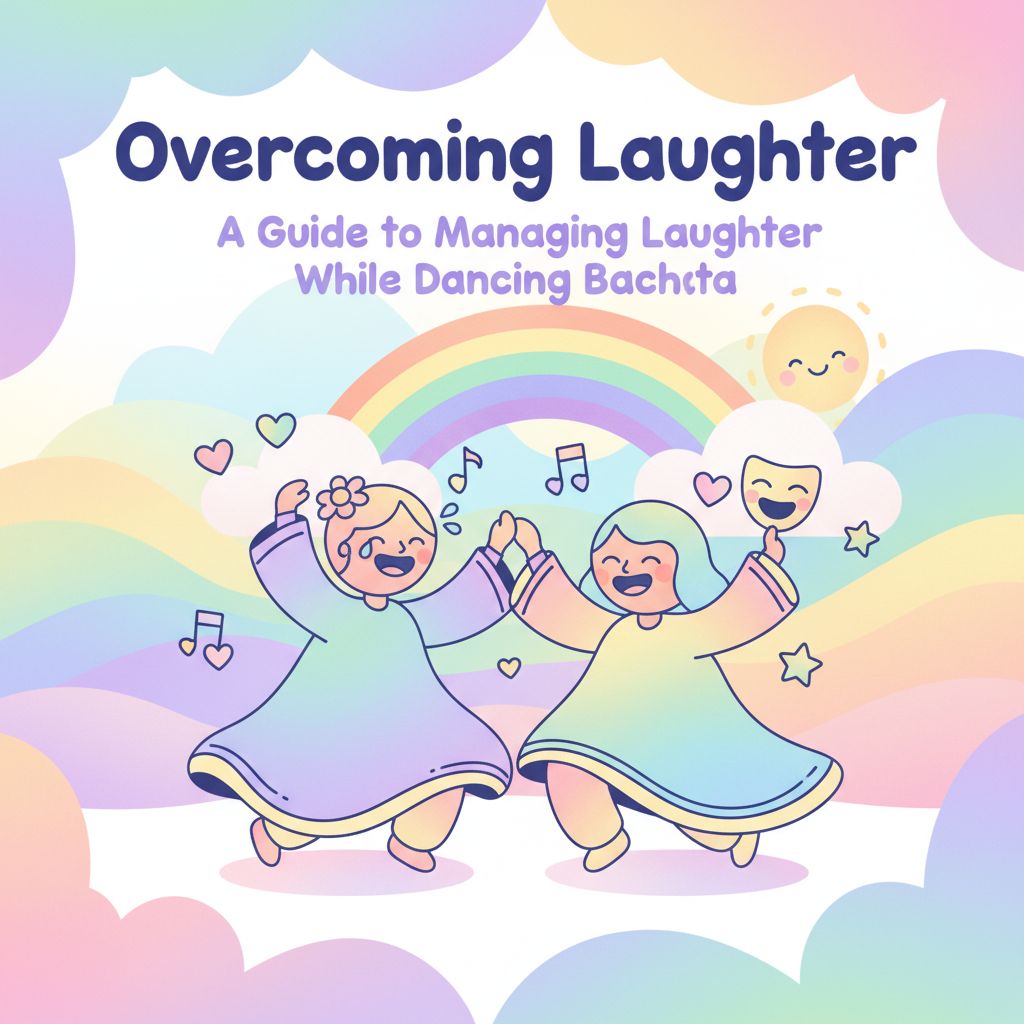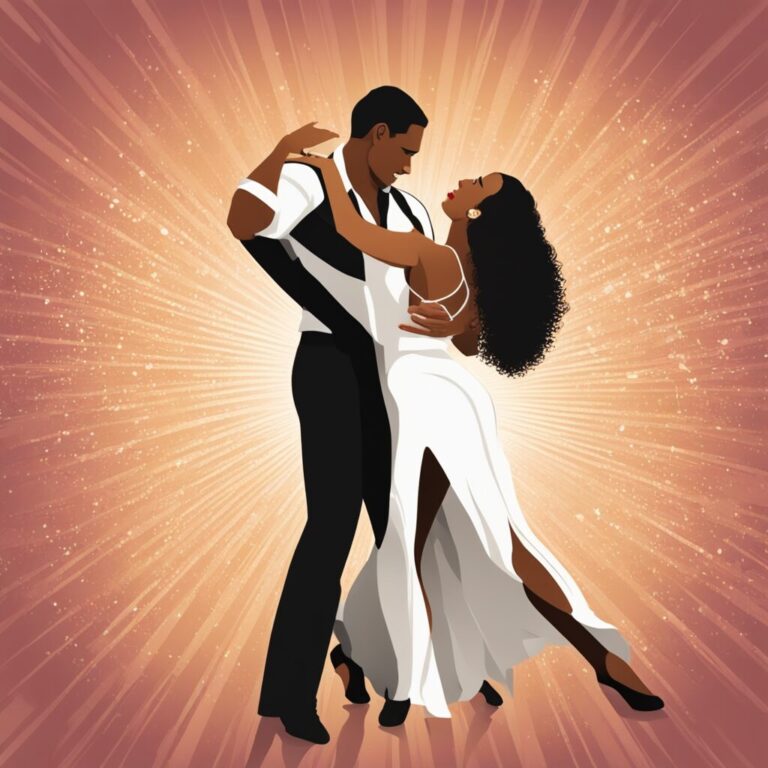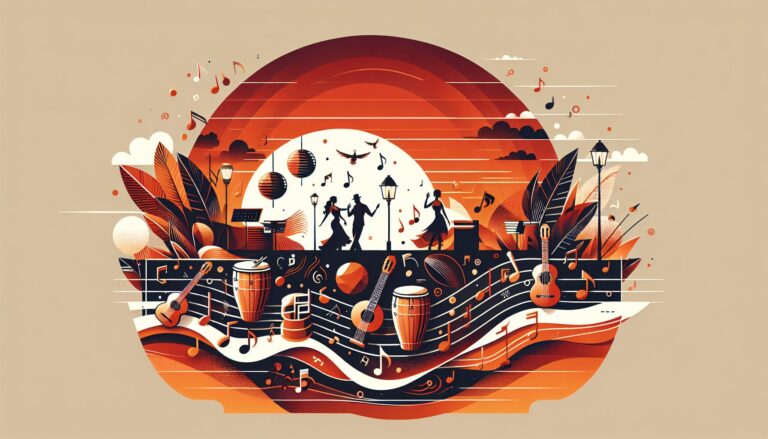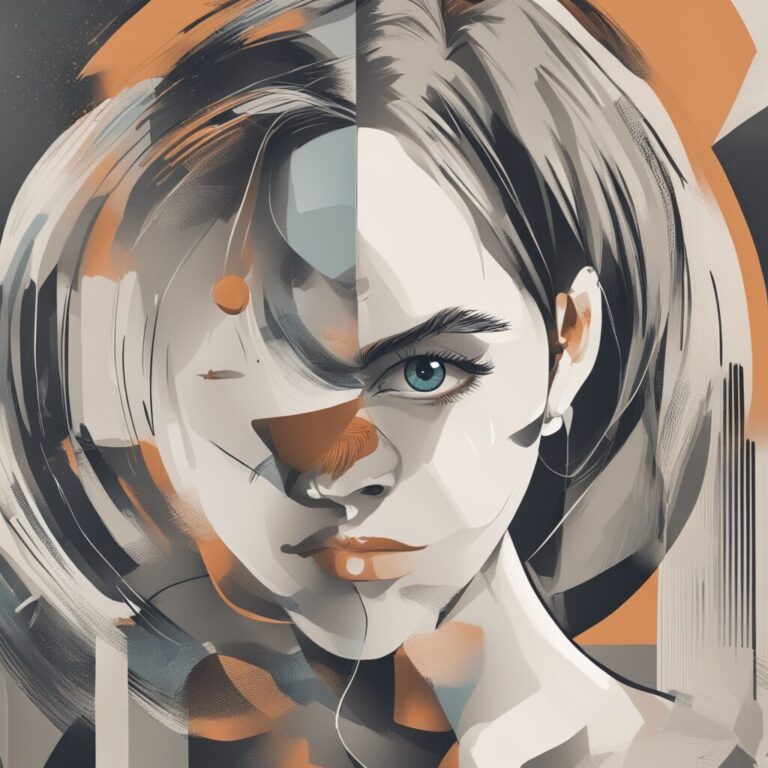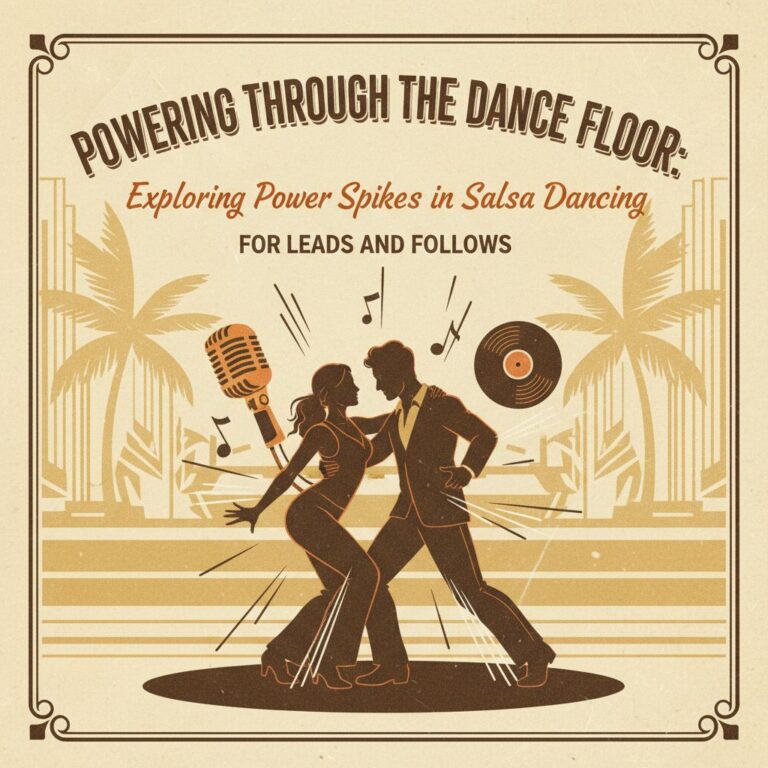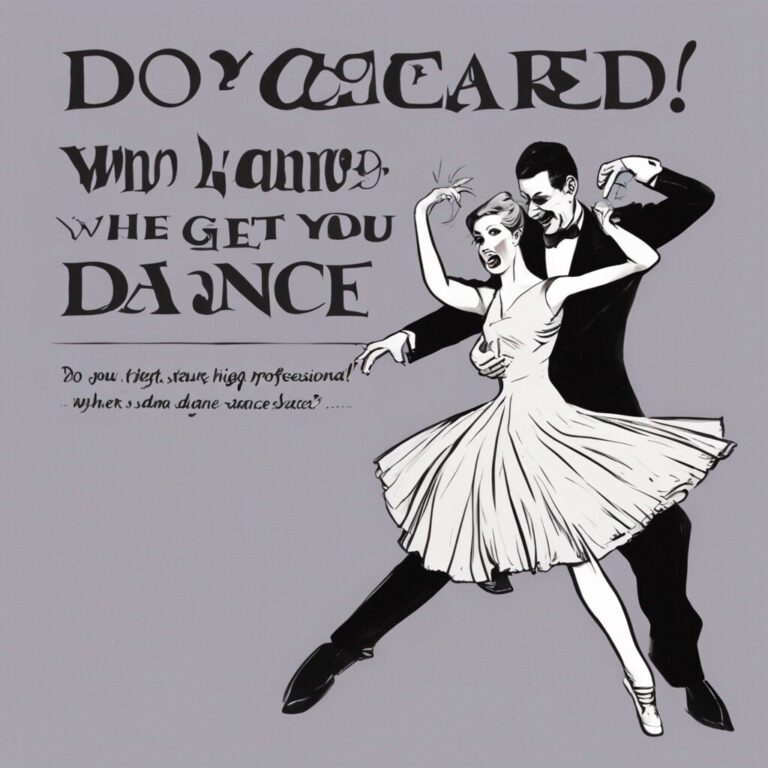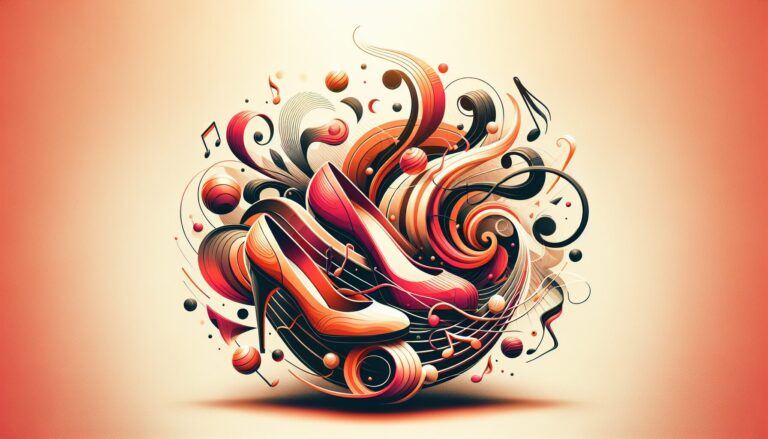Understanding the Root Cause
Laughter during dancing, particularly in Bachata, can stem from various factors, such as feelings of awkwardness, nervousness, or even as a defense mechanism against embarrassment. The first step in overcoming this is understanding the root cause of the laughter. Is it a reaction to making a mistake or an instinctive response to feeling uncomfortable?
Embracing the Journey
One of the key things to remember when dancing Bachata, or any dance for that matter, is that mistakes are part of the learning process. Embrace them. They are stepping stones on your path to becoming a better dancer. When you make a mistake, instead of laughing it off, acknowledge it and use it as an opportunity to improve.
Building Confidence
Confidence plays a significant role in how we handle different situations. If you tend to laugh while dancing because of a lack of confidence, work on building your self-esteem. Remember, confidence is not about being the best; it’s about being comfortable with who you are and your abilities.
Channeling Your Emotions
Instead of letting your emotions take the form of laughter, channel them into your dance. Bachata, above all, is an expressive dance form. Use your emotions to add depth and authenticity to your dance. If you feel nervous or embarrassed, try to transform these feelings into passion and intensity in your dance moves.
Reconditioning Your Response
It’s essential to recondition your response to your mistakes. Instead of laughing when you mess up, try to keep a straight face or give a small smile. Practice this in your daily life as well, not just on the dance floor.
Perception and Reality
Perceptions can often be distorted. What you perceive as an embarrassing mistake might not even register to your dance partner. In fact, they are likely too focused on their own steps to notice your missteps. Even if they do, remember that everyone makes mistakes, and it’s all part of the dance journey.
Connect with Your Partner
Bachata is a partner dance, and connection plays a vital role. If you laugh when you make a mistake, it can come across as disrespectful or dismissive to your partner. Instead, communicate verbally with your partner. A simple “my bad” or “let’s try it again” can foster a positive environment where both parties feel comfortable.
Conclusion
In essence, laughter during dancing is not necessarily a bad thing. It can be a sign you’re enjoying the dance immensely. However, if it stems from feelings of awkwardness, inferiority, or discomfort, it’s essential to address these underlying issues. Remember, dance is a journey filled with ups and downs, and it’s okay to not be perfect. The most important thing is to have fun, maintain respect for your partner, and continually strive to improve.

